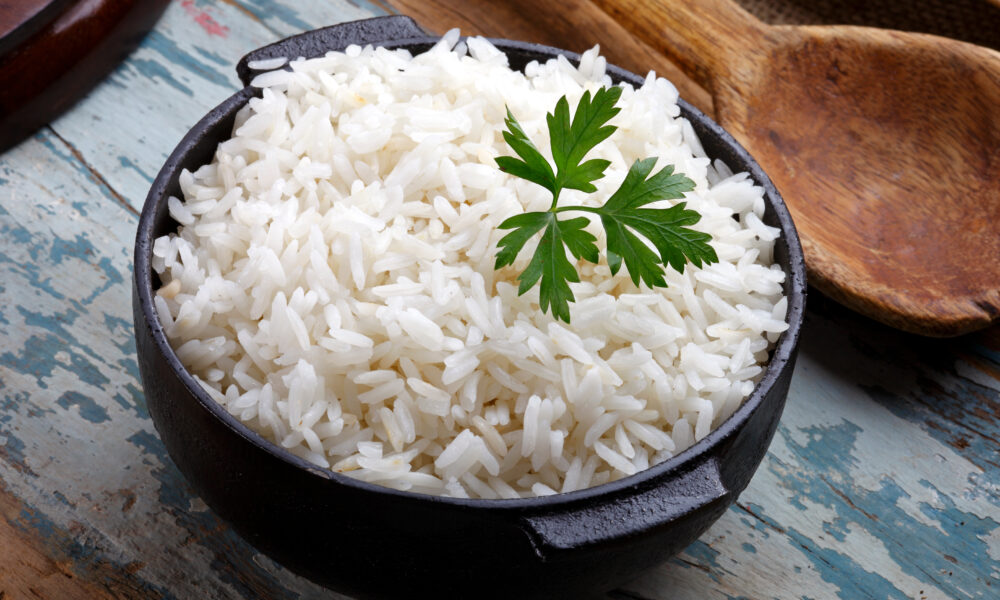


Jasmine rice is a long-grain rice primarily grown in Thailand, Cambodia, Laos, and Vietnam. It’s known for its delicate aroma and flavor, making it a popular choice in both traditional and modern cuisines. But what makes jasmine rice so unique, and what are the benefits of including it in your diet? This month, one of your favorite Nashua Restaurants, Giant of Siam, is diving a bit deeper to uncover the history of Jasmine rice, along with what makes it so great!
Jasmine rice has been cultivated in Southeast Asia for thousands of years. It’s believed to have originated in Thailand, where it was first grown in the Chao Phraya River basin. The grain was later introduced to other regions of Southeast Asia, including Cambodia, Laos, and Vietnam.
Jasmine rice has played an important role in the cultures of Southeast Asia, where it’s often used in religious ceremonies and as a symbol of wealth and prosperity. In Thailand, jasmine rice is sometimes referred to as “khao hom mali,” which translates to “jasmine-scented rice.”
Jasmine rice is long-grain rice with a soft, fluffy texture and a delicate aroma and flavor. Its aroma results from a compound called 2-acetyl-1-pyrroline, which is also found in other aromatic foods such as popcorn and bread! This compound is produced during the cooking process, giving jasmine rice its distinctive fragrance.
In addition to its aroma, jasmine rice is also known for its texture and flavor. It has a slightly sweet, nutty flavor that pairs well with various dishes. Its soft and slightly sticky texture makes it a popular choice for dishes such as sushi and stir-fries!
Jasmine rice is not only delicious but also offers a range of health benefits. It’s a great source of complex carbohydrates, which provide energy for the body. It also contains fiber, which aids in digestion and helps to regulate blood sugar levels. In addition, jasmine rice is low in fat and sodium, making it a healthy addition to a balanced diet.
Jasmine rice also contains antioxidants, which help to protect the body against damage from free radicals. Antioxidants help to neutralize free radicals and prevent or minimize their damage. This damage can contribute to a range of health problems, including heart disease, cancer, and cognitive decline.
Next time you enjoy a dish of jasmine rice, remember that you’re not only indulging in a delicious meal but also nourishing your body and enjoying a piece of history and culture! To explore all the options on our menu, including dishes with jasmine rice, we encourage you to check out our online menu or order online today! We look forward to dining with you!